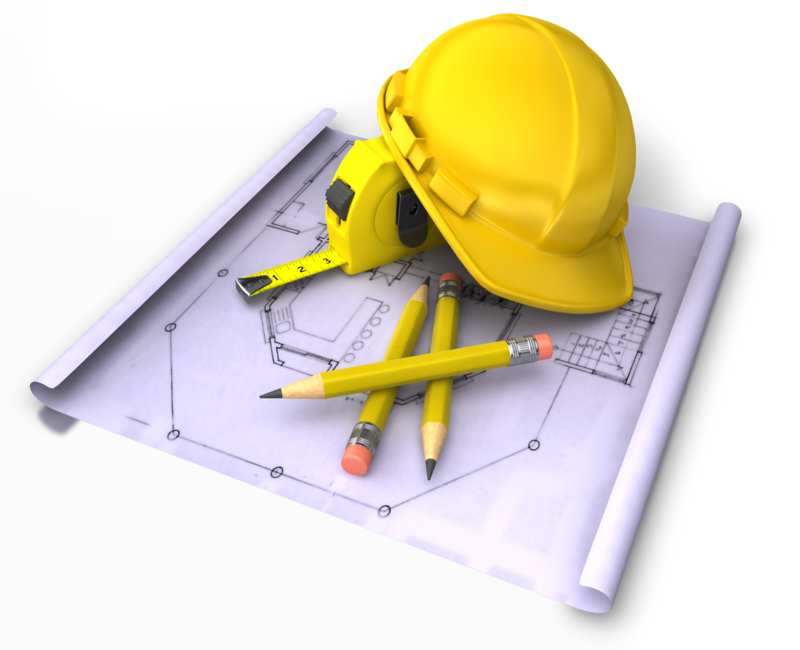
The Structural Engineering Certified Course is a comprehensive and industry-oriented program designed to equip learners with the theoretical knowledge and practical skills essential for analyzing, designing, and assessing various types of structures. This course covers core concepts such as structural analysis, design principles, material behavior, load calculations, and modern construction techniques using both traditional and advanced software tools.
Key Features of Course Divine:
Career Opportunities After Structural Engineering:
Essential Skills you will Develop Structural Engineering:
Tools Covered:
Syllabus:
Module 1: Fundamentals of Structural Engineering Introduction to structures and structural systems Forces, loads, and equilibrium Stress-strain concepts Types of structures: beam, frame, truss.
Module 2: Mechanics of Materials Axial, bending, and shear stress Torsion and combined stresses Stress-strain diagrams and material properties Mohr’s circle and failure theories.
Module 3: Structural Analysis – Determinate Structures Analysis of beams, frames, and trusses Method of joints and method of sections Influence lines and deflection of beams Virtual work and unit load method.
Module 4: Structural Analysis – Indeterminate Structures Degree of indeterminacy
Moment distribution method Slope deflection method Matrix stiffness method (basic concepts).
Module 5: Design of Reinforced Concrete Structures (RCC) Introduction to IS 456 code Design of beams, slabs, columns, and footings Limit state and working stress method Detailing of reinforcement.
Module 6: Design of Steel Structures Introduction to IS 800 code Tension and compression members Beams and column design Welded and bolted connections.
Module 7: Foundation Engineering Types of foundations Bearing capacity and settlement Design of shallow and deep foundations Soil-structure interaction basics.
Module 8: Seismic and Wind Load Analysis Introduction to seismic design (IS 1893)
Earthquake loads and response spectra Wind load analysis (IS 875 Part 3) Ductile detailing (IS 13920).
Module 9: Software Tools for Structural Design Introduction to ETABS, STAAD Pro, and SAP2000 Modeling, load application, and analysis Interpretation of results
Practical design exercises.
Module 10: Project Work and Case Studies Real-life design project or capstone
drawings and detailing Quantity estimation and BOQ Sustainability and green building concepts.
Industry Projects:
Who is this program for?
How To Apply:
Mobile: 9100348679
Email: coursedivine@gmail.com

You cannot copy content of this page